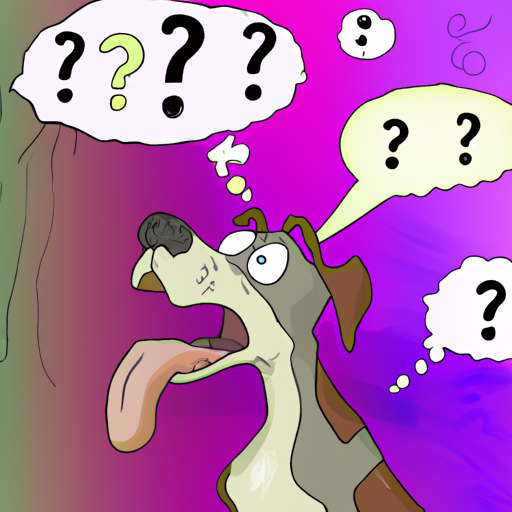“`markdown
Why Do Dogs Lick A Lot?
Understanding Your Dog’s Behavior
As a caregiver, you are naturally attuned to your dog’s behaviors. One behavior you might have noticed is excessive licking. Dogs lick for a variety of reasons. Sometimes it’s purely a matter of taste or grooming, but other times it might indicate discomfort, stress, or health issues.
- Affection: Licking can be a way for dogs to show their love and bond with their humans.
- Taste: Dogs might lick you because they like the taste of your skin. They could also lick their own bodies to taste remnants of their meal.
- Grooming: Dogs lick themselves for grooming purposes, to keep their skin and coat clean.
- Discomfort: If your dog is licking a specific area excessively, it might be signaling discomfort or pain.
- Stress or Boredom: Dogs might resort to excessive licking when they are anxious or bored as a form of coping mechanism.
Health Implications of Excessive Licking
If your dog’s licking becomes excessive, it might be a sign of underlying health issues. This could range from dental problems to more serious conditions, such as gastrointestinal issues.
- Dental Problems
- Skin Allergies
- Gastrointestinal Issues
- Pain or Discomfort
| Health Issue | Symptoms |
|---|---|
| Dental Problems | Bad breath, difficulty eating |
| Skin Allergies | Redness, itching, swelling |
| Gastrointestinal Issues | Vomiting, loss of appetite |
| Pain or Discomfort | Limping, difficulty moving |
How to Address Excessive Licking
The first step is to observe your dog and identify any potential triggers for the licking. Once you have a better understanding of the behavior, you can start to address it.
- Consult a Veterinarian: If your dog’s excessive licking is paired with other concerning symptoms, consult with a veterinarian.
- Provide Mental Stimulation: If your dog is licking out of boredom, try providing more toys, exercise and mental stimulation.
- Use Distraction Techniques: If your dog licks out of stress or anxiety, try to distract them with a toy or a game.
The Role of Caregivers in Monitoring Licking Behavior
As a caregiver, you play a critical role in monitoring your dog’s behaviors and ensuring their wellbeing. You are the one who spends the most time with them, noticing any changes in their behaviors and routines.
- Observation: Pay close attention to your dog’s behaviors and note any changes.
- Communication: Keep open lines of communication with your vet.
- Care: Show your dog love and affection, which can help reduce stress-induced behaviors.
FAQ
Q: Why is my dog licking the air?
A: Your dog might be licking the air due to nausea, dental problems, or just because they like the taste of the air!
Q: Can excessive licking be a sign of anxiety?
A: Yes, excessive licking can be a sign of stress or anxiety in dogs.
Q: Should I stop my dog from licking me?
A: As long as the licking is not excessive or causing discomfort to you, it’s usually a sign of affection and is not harmful.
Q: My dog is licking a specific spot excessively, what should I do?
A: If your dog is licking a specific spot excessively, it might be a sign of discomfort or pain. It’s best to consult with a vet.
“`



